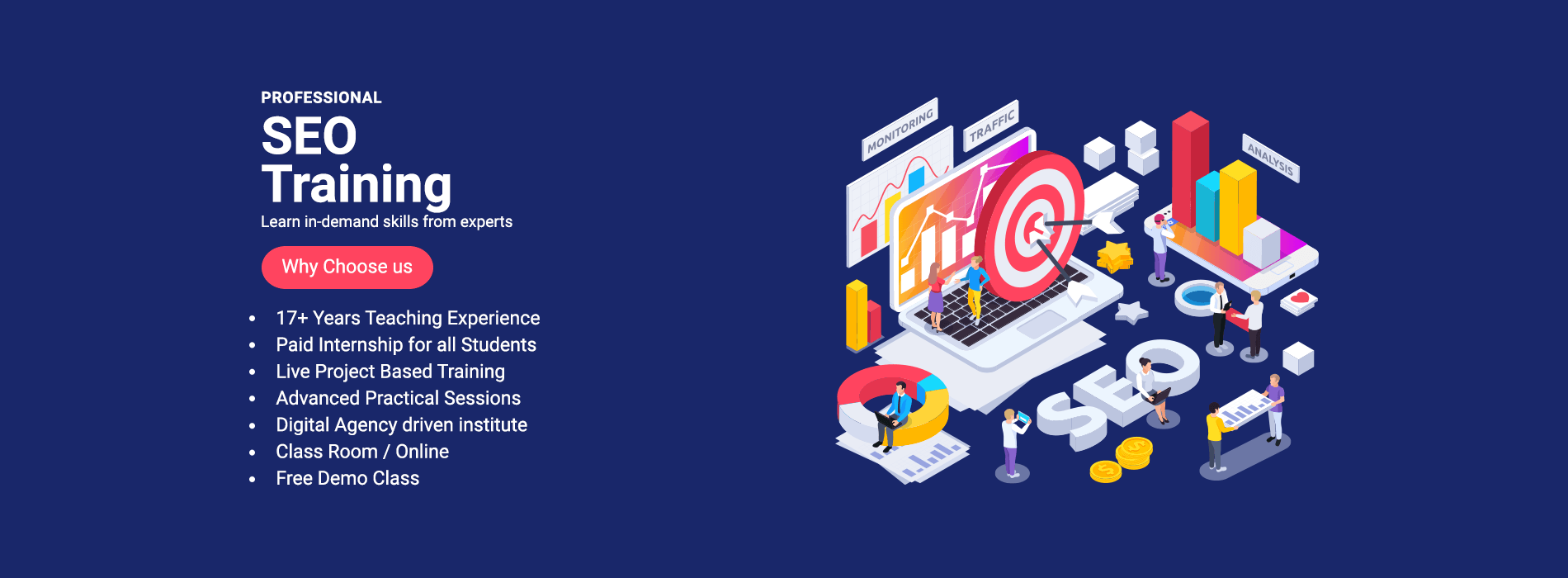Why Digital Marketing Certification Matters in 2025
Digital Marketing Certification Course. The online world is more competitive than ever. Whether you’re launching a startup, growing your freelance brand, or aiming for a career upgrade, digital marketing skills are your gateway to online success.
But knowing digital tools isn’t enough; certification proves your expertise. It shows potential employers or clients that you can execute real strategies, not just understand buzzwords.
This guide dives into the essential components of a top-tier digital marketing certification, focusing on SEO, Google Analytics, and content strategy, the three pillars of modern digital marketing.
What Is a Digital Marketing Certification Course?
A digital marketing certification course is a structured program that teaches you practical digital skills, typically through video lessons, real-world projects, quizzes, and hands-on tools like GA4, Rank Math, and Google Ads.
Bonus Insight: Reputable certification programs often partner with Google, HubSpot, or Meta, providing you with globally recognized credentials.
Core Components of a Certification Course
Here’s what separates a robust digital marketing program from a basic online tutorial:
1. Search Engine Optimization (SEO)
Learn how to:
- Identify high-intent keywords using Ahrefs, Ubersuggest, or SEMrush
- Structure pages using on-page SEO best practices
- Build white-hat backlinks for authority
- Boost Core Web Vitals for technical performance
- Use Rank Math SEO on WordPress
SEO Tools You’ll Learn:
- Google Search Console
- Ahrefs / SEMrush
- Rank Math SEO
- Moz
- Surfer SEO
2. Google Analytics 4 (GA4)
Turn traffic into insights. You’ll master:
- GA4 setup and tracking
- Monitoring traffic, sessions, and bounce rate
- Measuring marketing ROI
- Integrating Google Tag Manager
- Custom dashboards in Looker Studio
Outcome: Make data-driven decisions that scale your content and ad campaigns.
3. Content Marketing & Strategy
Content Visibility Trust. Learn how to:
- Build a content calendar and map it to buyer intent
- Create blog posts, landing pages, and email sequences
- Master SEO copywriting with Surfer SEO or Clearscope
- Develop authority through long-form content, pillar pages, and video
Tools You’ll Use:
- Grammarly
- Canva
- Google Docs
- HubSpot CMS
- Surfer SEO
- Notion (for planning)
Who Should Take This Course?
This program is ideal for:
- Students and career starters
- Freelancers and solopreneurs
- Small business owners
- Marketing professionals looking to upgrade
- Career switchers entering the digital space
Top Career Paths After Certification
Once certified, you can explore roles such as:
- SEO Specialist
- Digital Marketing Analyst
- Content Strategist
- PPC Campaign Manager
- Social Media Consultant
- Marketing Automation Expert
- Freelance Digital Marketer
Pro Tip: Many of these roles will be fully remote and high-paying in 2025.
Tools & Platforms You’ll Master
| Platform | Purpose |
|---|---|
| Google Analytics 4 | Track traffic, measure ROI |
| Google Search Console | Monitor indexing & SEO health |
| Rank Math / Yoast | On-page SEO for WordPress |
| Ahrefs / SEMrush | Keyword & backlink research |
| Surfer SEO | Optimize content using AI |
| Canva | Design content visuals |
| Mailchimp / ConvertKit | Email marketing & automation |
| Google Ads | Paid traffic campaigns |
How to Choose the Right Digital Marketing Certification
Here’s what you need to look for:
- A comprehensive curriculum (SEO, content, analytics, PPC, etc.)
- Project-based learning to build real experience
- Led by industry experts, not generic instructors
- Recognized certification from trusted organizations
- Access to updated material (especially for Google’s evolving tools)
Tip: Look for platforms offering lifetime access or continuing updates.
Benefits of Getting Certified
- Most work globally most roles are fully remote
- Increase your salary potential
- Land more freelance clients or job offers
- Build authority in a crowded digital space
- Gain real tools + project experience
FAQs: Digital Marketing Certification Course
Q: Do I need prior marketing knowledge?
A: No. Courses are beginner-friendly and built from the ground up.
Q: How long does it take?
A: Most programs range from 6–12 weeks with flexible pacing.
Q: Is certification worth it?
A: Absolutely. Certified professionals are often preferred by employers and clients.
Q: Will I learn how to use tools like Rank Math and GA4?
A: Yes. Hands-on usage of SEO and analytics tools is a core part of the curriculum.
Final Thoughts: Why This Course Is Your Digital Edge in 2025
The digital world isn’t slowing down, and neither should you.
A Digital Marketing Certification Course focused on SEO, analytics, and content strategy equips you with practical, in-demand skills that bring real career and business impact. Whether you want to rank on Google, understand user behavior, or create content that converts, this is the foundation you need.
Ready to future-proof your career or grow your brand?
Get certified, get skilled, and get ahead.


